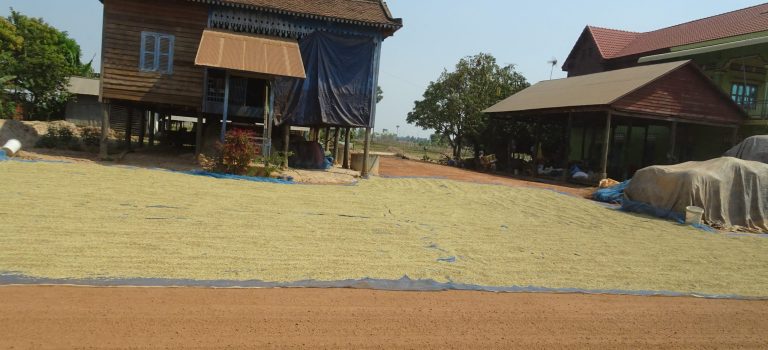Links

Lotus History/Partnership/Country Information
Lotus’ Background and Early Projects
- Lotus was founded in 1998. The first project Lotus supported was The Parents House in inner-city London, a community centre for parents to learn essential skills in order to help their children attending the adjacent school with their homework, amongst other activities.
- From 1999 to 2002 Lotus supported a German NGO Hilfe Konkret e.V. with its projects in post-war Bosnia, Serbia, and Croatia; orphanages, elderly homes, and livestock projects.
- In 2002 Lotus hired a Country Manager, Eileen Macdonald Williams, based in Osijek, Croatia. For over 3 years Lotus operated its own projects in Osijek fronted by its Country Manager. The projects ranged from running English & IT courses for disadvantaged youngsters (whose education had been disrupted during the civil war) to supporting various facilities at a Therapeutic Riding School for disabled youngsters.
Shift to Cambodia
- In 2005, Lotus redirected its focus to Cambodia after meeting the founder of Tabitha-Cambodia, an NGO based in Cambodia working with remote poor communities. For three years, Lotus supported Tabitha’s very successful savings programmes and participated in its house building activities.
- Over a number of years, Lotus has partnered with several Cambodian NGOs on diverse projects: hygiene and nutrition, community livelihoods, farming, vocational training, and support for street children.
Partnership with READA
- Lotus and READA started working together in 2008 . The Lotus-READA partnership is based on trust, mutual respect, and a desire to help remote poor communities.
- The Lotus-READA project Staff work daily in the target villages providing support and technical expertise, and maintaining strong relationships with the families and community leaders.
- During COVID-19, the Lotus-READA project staff chose to remain in the communities to keep vital projects running safely.
Cambodia Overview
- Cambodia borders Thailand, Laos, and Vietnam, with Phnom Penh as its capital and Khmer as the official language.
- Key economic sectors include tourism, agriculture, textiles, and construction. Despite rapid growth, challenges persist in healthcare, education, and income equality.
- Politically stable under long-standing leadership, though criticised for limited democratic freedoms.
- Rich in history, from the Khmer Empire (802 AD) to colonial rule and the Khmer Rouge era.
- The Khmer Rouge was in power from 1975 until 1979 during which time they carried out the Cambodian Genocide. They were ousted by Vietnam and the Vietnamese-backed People’s Republic of Kampuchea.
Cambodia faces ongoing issues such as deforestation and environmental degradation, but remains one of Asia’s fastest-growing economies.
